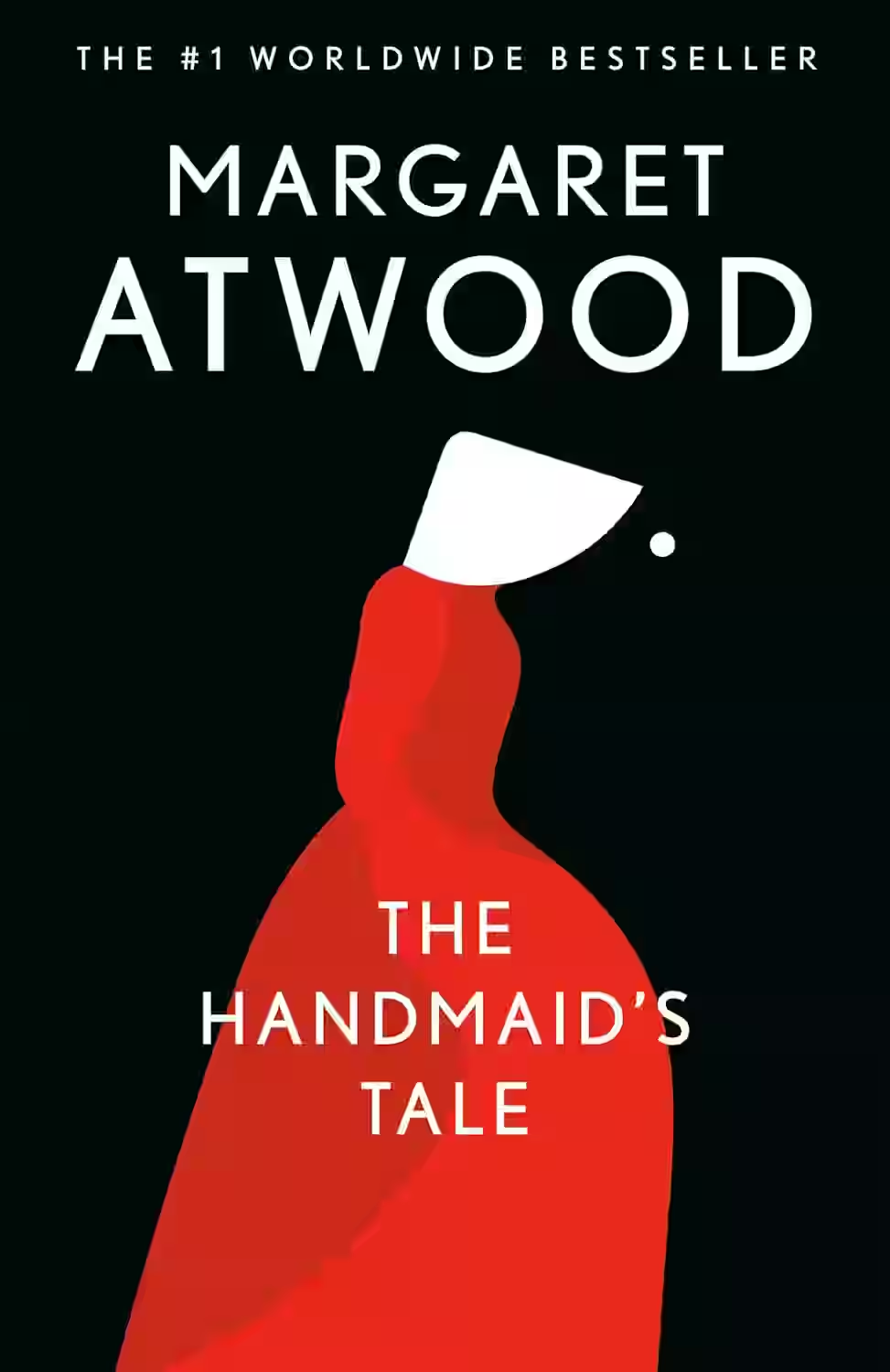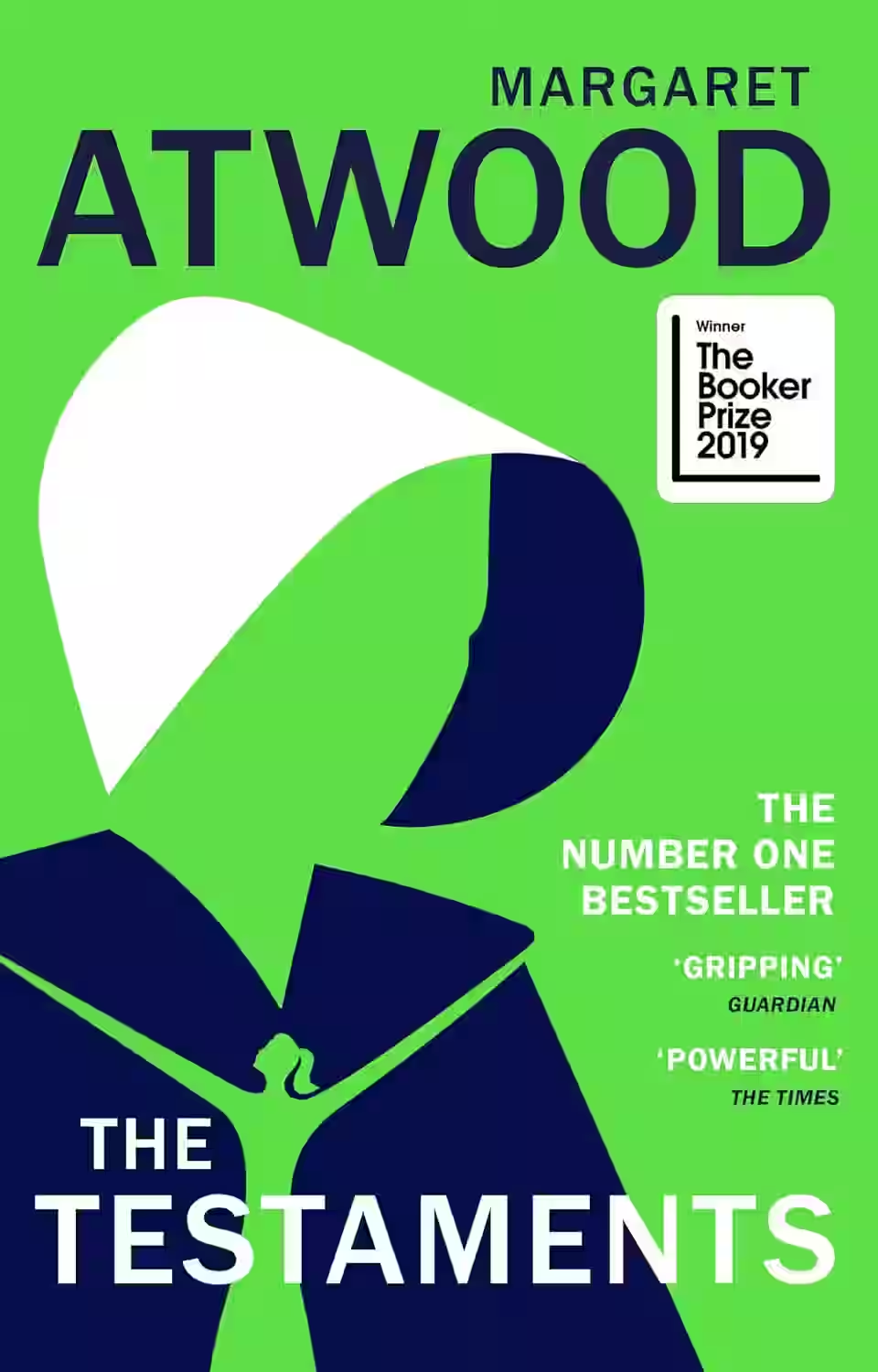The Handmaid's Tale
Beginning with The Handmaid’s Tale, this dystopian series imagines a theocratic regime called Gilead, where women are stripped of rights and forced into rigid roles. Offred, a Handmaid, narrates her life of state-sanctioned servitude and silent rebellion. Decades later, The Testaments revisits Gilead through the perspectives of three women, revealing its inner workings and unraveling its fate. Atwood’s series blends chilling realism with speculative fiction, critiquing patriarchy, authoritarianism, and the abuse of power. Thought-provoking and haunting, the duology explores resistance, agency, and the enduring fight for freedom in oppressive systems.

In the Republic of Gilead, a theocratic regime has stripped women of their rights and forced them into distinct social classes. Through the eyes of Offred, a Handmaid assigned to bear children for elite couples, we see a chilling exploration of gender, power, and resistance in a society that feels disturbingly possible.

A sequel to The Handmaid’s Tale, The Testaments is set fifteen years after the original novel. It follows three female narrators—Aunt Lydia, a powerful enforcer of Gilead’s laws; Agnes, a girl raised in Gilead; and Daisy, a Canadian teenager unknowingly tied to the regime. Their stories intertwine to expose the fragility and hypocrisy of Gilead’s power structure. Atwood crafts a thrilling and timely narrative that explores resistance, indoctrination, and female agency in a dystopian society. The novel deepens the world of Gilead while offering a glimmer of hope for its collapse.